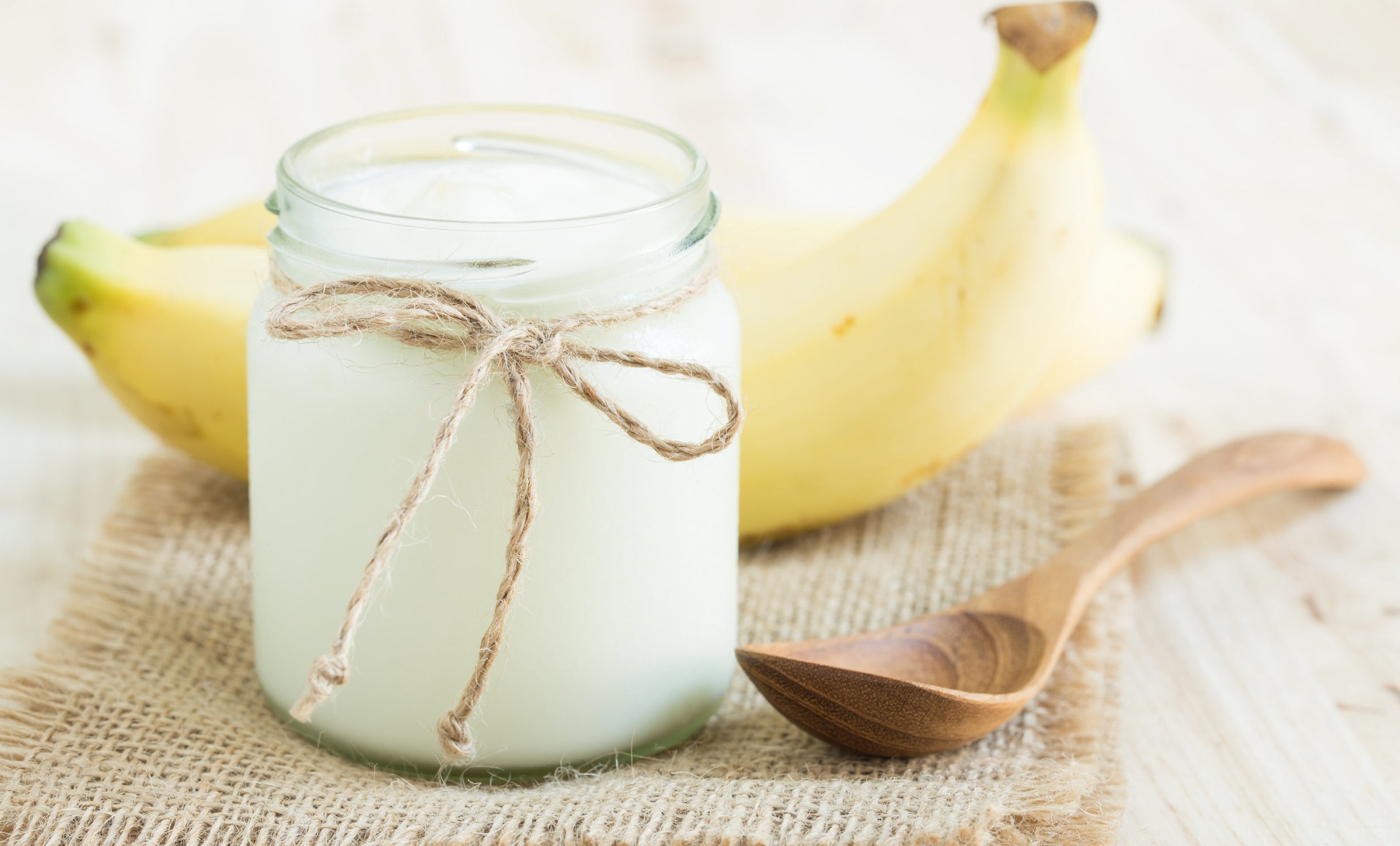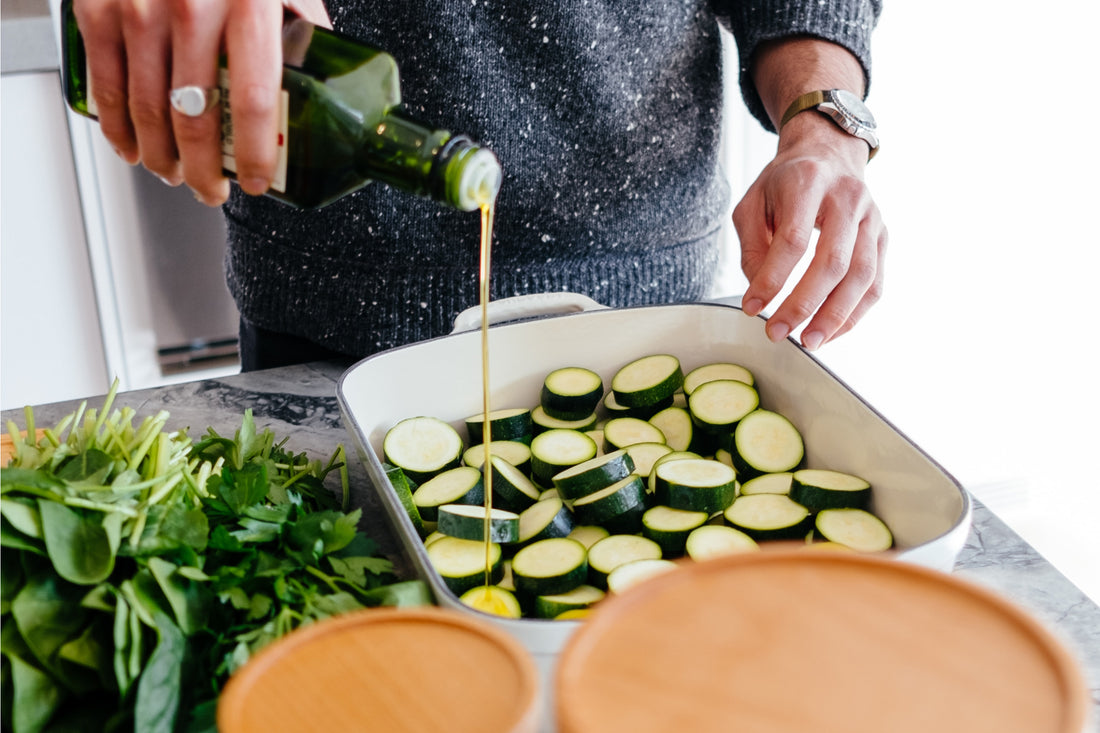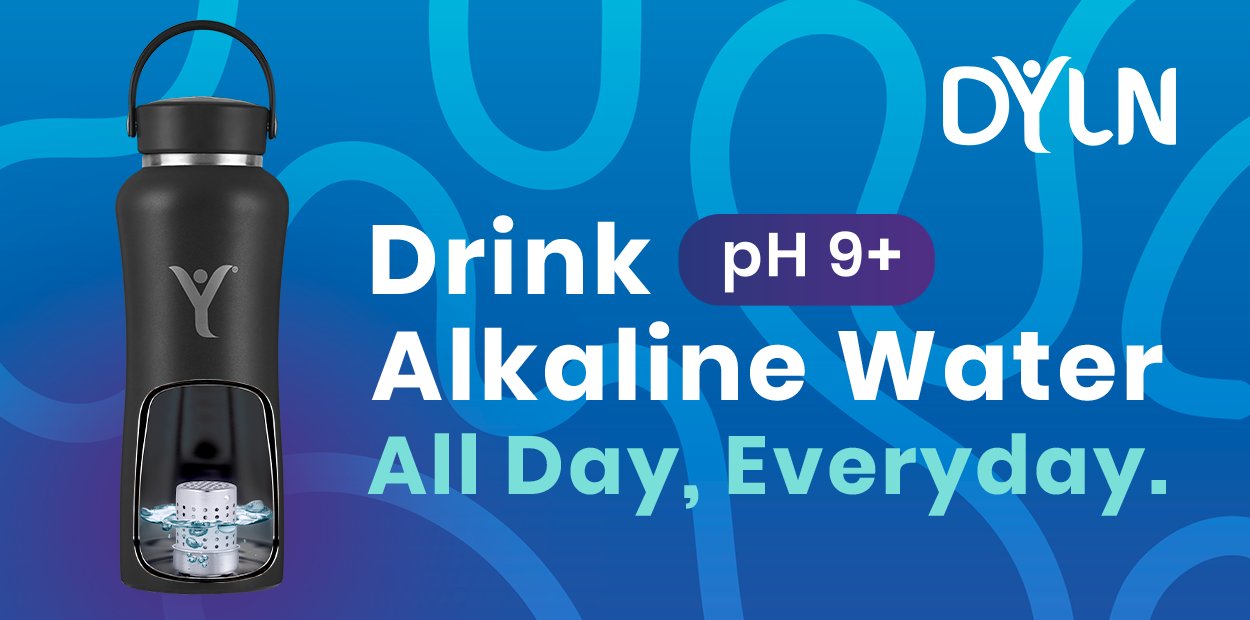Have you thought about your gut bacteria today? It’s easy to forget, but millions of tiny microbes are hard at work within your digestive system, helping your body to extract nutrition from food more efficiently. While the processes function without much input from you, there’s a lot you can do to optimize their conditions through the use of probiotics and prebiotics.
What are Probiotics and Prebiotics?

In essence, probiotics are beneficial bacteria that dwell in your digestive system like lactobacilli and bifidobacteria. Simply by existing, they prohibit the growth of harmful bacteria in the same area. Doctors often prescribe probiotics to combat gastrointestinal issues, usually through dairy products or capsules. However, everyone’s body responds slightly differently to the same bacteria, making it tricky to claim that certain strains are significantly better than others.
In contrast, prebiotics are forms of fiber that can’t be digested by the human body. Instead, they become a food source for probiotic bacteria, helping them to reproduce and further out-compete harmful bacteria that could take its place. In this way, prebiotics work as fertilizer to promote optimal conditions for probiotics to take over your digestive system. On their own, prebiotics aren’t all that useful for your body. Instead, it’s their ability to promote probiotics that make them so beneficial.
Benefits
You eat food at least three times a day, so it’s hardly surprising that the health of your digestive system plays a significant role in your overall wellness. In fact, recent studies have shown that prebiotics and probiotics are directly linked to positive mental health, meaning that people who get both forms every day have fewer issues with anxiety, depression, and stress as well as lower levels of cortisol, a hormone that’s linked to mental health disorders.
Preliminary research is also revealing that probiotics might lower LDL (bad) cholesterol levels when you eat the right forms of them. Sticking to fat-free yogurts and other forms of lean protein seems to make a difference for both your heart and your digestive system, while also working to lower inflammation.
In the same way, a healthy blend of prebiotics and probiotics can do wonders for your colon. Keeping a plethora of healthy bacteria within its walls will improve mineral absorption, aid in hormone production, and combat gut dysbiosis. This bacteria can reduce your risk of developing leaky gut syndrome, irritable bowel syndrome, and other unpleasant conditions caused by an imbalanced colon.
Best Food Sources

To answer a common question, yes you can take prebiotics and probiotics at the same time. In fact, it’s usually best. When a food contains both prebiotics and probiotics, it’s considered to have a symbiotic combination. Some examples include unpasteurized cheese, kefir, and certain types of yogurt.
Even if you take both at the same time, the body processes prebiotics and probiotics slightly differently, meaning that they often don’t go through your digestive tract at the same time. For this reason, there’s little point in carefully monitoring the times when you take them, so long as you are careful to get them in regularly. However, eating a healthy diet and keeping your pH levels balanced with alkaline water will go far towards improving your body’s ability to put them to use.
While it’s possible to take daily prebiotic and probiotic supplements, a well-rounded diet can provide you with all you need for good gut health. It’s best to ensure you get them regularly so that the microbes in your digestive system have the fertilizer they need to maintain their growth rates.
If you plan to get your prebiotics and probiotics predominately through food, these are some of the sources for getting them:
Best Sources of Prebiotics:
- Under-ripe bananas
- Chicory root
- Asparagus
- Onions
- Artichokes
- Legumes
- Garlic
- Oatmeal
Best Sources of Probiotics:
- Yogurt
- Kefir
- Sauerkraut
- Miso soup
- Soft cheeses
- Sourdough bread
- Kimchi
- Kombucha
- Non-pasteurized pickles
Conclusion
Each human body is different, and you might respond more strongly to some forms of prebiotics and probiotics than others. Make sure to experiment with several combinations of plant based foods until you find what works for you!






